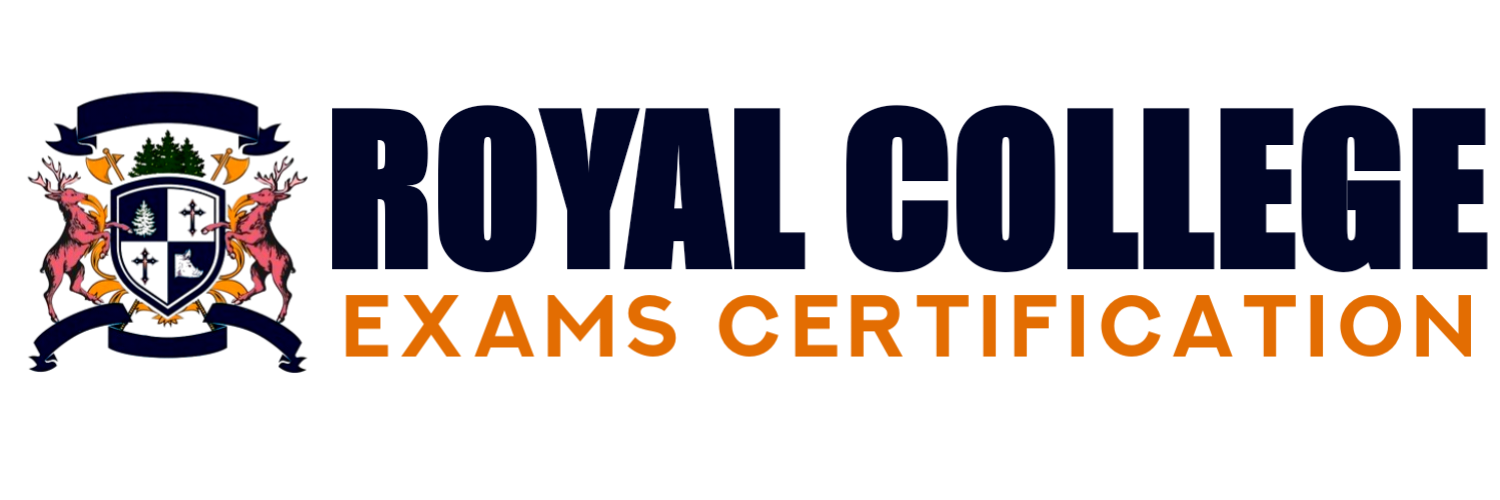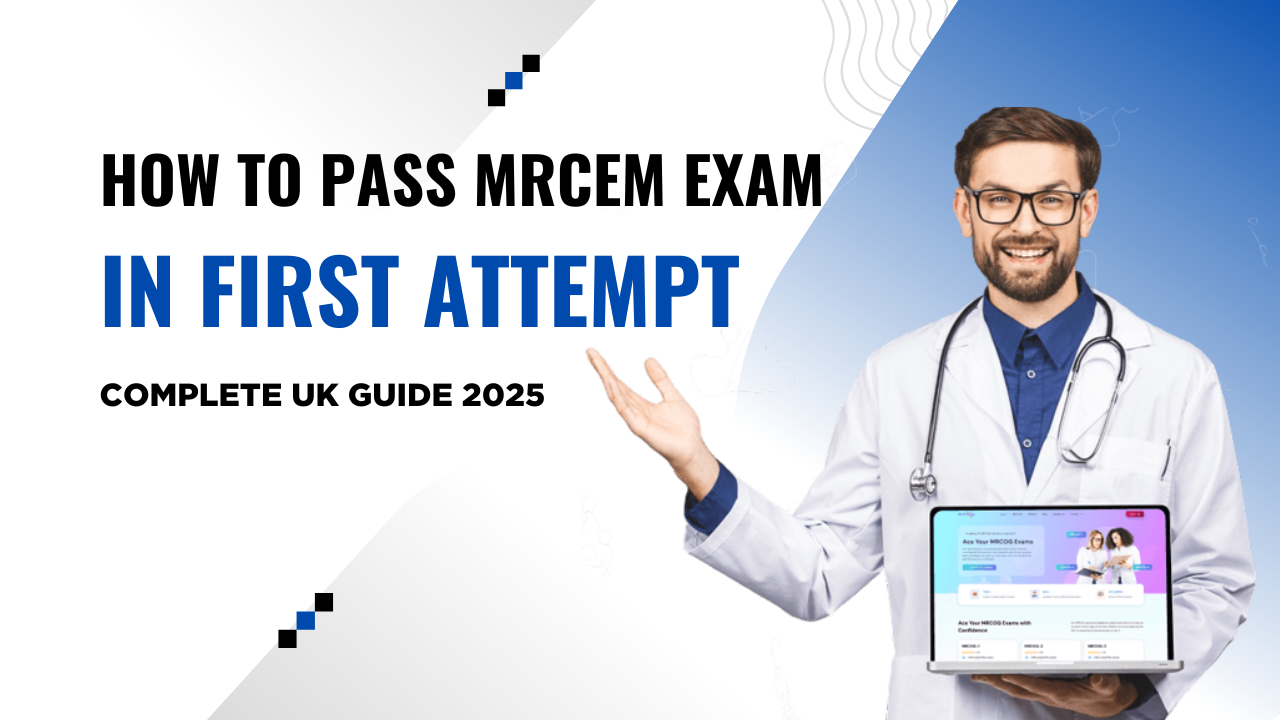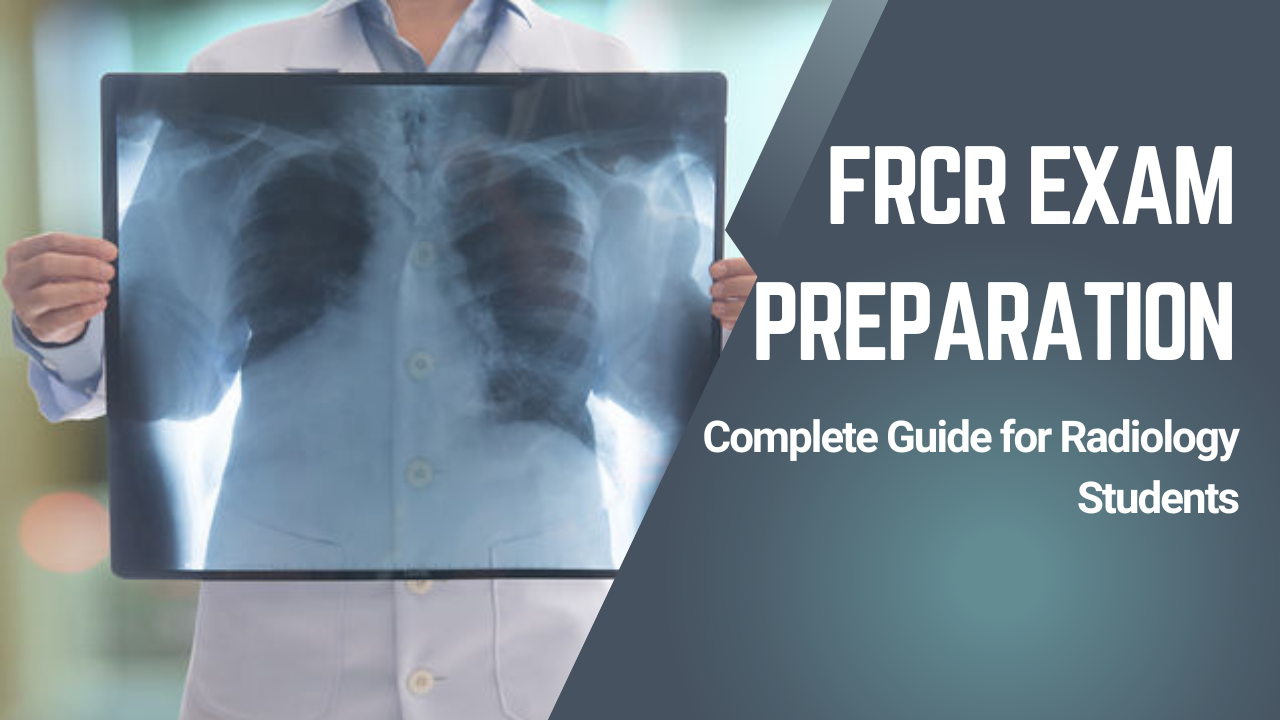Becoming a General Practitioner (GP) in the UK is a highly rewarding career, but it requires thorough preparation for the MRCGP examination. The Membership of the Royal College of General Practitioners (MRCGP) is a pivotal qualification that validates your knowledge, consultation skills, and clinical competence. This guide covers everything you need to know—from starting as a beginner to mastering every aspect of the exam.
Understanding the MRCGP Examination
The MRCGP exam consists of three main components:
- Applied Knowledge Test (AKT) – A computer-based exam assessing your knowledge in areas such as clinical medicine, evidence-based practice, and patient management.
- Clinical Skills Assessment (CSA) – A simulated consultation-based assessment evaluating your communication, clinical reasoning, and patient interaction skills.
- Workplace-Based Assessment (WPBA) – Ongoing evaluation in your clinical practice to assess real-world GP competencies.
For UK doctors, understanding these components is crucial because each section requires a different preparation strategy.
Step 1: Master the GP Curriculum
The RCGP GP Curriculum is the backbone of your preparation. It defines the knowledge, skills, and attitudes required for a competent GP in the UK.
How to use it effectively:
- Review all clinical topics outlined in the curriculum.
- Identify areas where you are weak and focus on them.
- Link topics to real-life patient scenarios to improve retention.
By using the RCGP curriculum as a guide, you can ensure that your preparation is aligned with what the examiners expect.
Step 2: Create a Structured Study Plan
Preparation is key to passing the MRCGP exam on the first attempt. A well-structured study plan can make your preparation systematic and stress-free.
Tips for an effective study plan:
- Allocate time for AKT preparation, CSA practice, and WPBA completion.
- Include daily reading sessions, mock exams, and case practice.
- Track your progress weekly and adjust your plan according to strengths and weaknesses.
By following a structured plan, you’ll cover all necessary topics without last-minute cramming, which is a common reason candidates struggle.
Step 3: Use High-Quality Study Resources
Using the right resources can increase your chances of passing the MRCGP. Focus on materials that are aligned with the exam format and cover high-yield topics.
Recommended resources include:
- RCGP Self-Assessment Question Bank – Practice questions aligned with AKT topics.
- Pastest for AKT – Comprehensive revision questions and explanations.
- SCA Revision Packages – Simulated patient scenarios with detailed feedback.
- Oxford Handbook of General Practice – Excellent for day-to-day clinical reference.
Avoid using outdated or irrelevant resources as they can waste valuable preparation time.
Step 4: Effective Study Techniques
High-yield study techniques are essential for passing the MRCGP AKT and CSA:
- Active Recall – Test yourself on key topics rather than just reading.
- Spaced Repetition – Review difficult topics multiple times over weeks.
- Practice Mock Exams – Familiarize yourself with timing and question patterns.
- Group Study – Discussing cases with peers improves consultation and reasoning skills.
- Reflection – After WPBA assessments, reflect on feedback to improve your skills.
These techniques are particularly effective for high-volume, low-competition topics like chronic disease management, UK NHS guidelines, and common GP scenarios. Complete MRCGP Preparation
Step 5: Master the CSA
The Clinical Skills Assessment (CSA) is often considered the most challenging part of the MRCGP. It evaluates how you handle real-world patient interactions.
CSA preparation tips:
- Practice with simulated patients or colleagues.
- Focus on communication skills, safety-netting, and patient-centered care.
- Learn structured consultation models, such as the Calgary-Cambridge model.
- Review common CSA cases, like diabetes, hypertension, and mental health.
Remember, examiners look for safe, empathetic, and structured consultations.
Step 6: Prepare for the AKT
The AKT tests your applied medical knowledge and understanding of UK general practice.
AKT preparation tips:
- Study high-yield topics: cardiovascular, respiratory, diabetes, and mental health.
- Use question banks and mock exams to practice timed sessions.
- Focus on guidelines, evidence-based medicine, and NHS protocols.
Regular AKT practice improves speed, accuracy, and confidence during the actual exam.
Step 7: Complete Workplace-Based Assessments (WPBA)
WPBA is an ongoing assessment during your GP training. It evaluates your performance in real clinical settings.
Key WPBA tips:
- Regularly log your patient encounters.
- Seek feedback from supervisors and reflect on your practice.
- Focus on clinical competence, professionalism, and patient safety.
Completing WPBA diligently ensures you are fully prepared for both the CSA and AKT.
Step 8: Exam Day Tips
- Sleep well before the exam and avoid last-minute cramming.
- Arrive early to reduce stress.
- Use a structured approach for each CSA case.
- Read AKT questions carefully and manage your time efficiently.
- Stay calm and apply evidence-based UK guidelines in all scenarios.
Step 9: Post-Exam Reflection
After attempting the MRCGP, reflect on:
- Areas you found challenging.
- Skills that need further improvement.
- Time management strategies for future attempts.
Even if you pass, reflection ensures continuous improvement in your GP career.
Final Thoughts
The MRCGP exam is not just a test—it’s a journey that transforms you into a competent GP in the UK. By following a structured study plan, using high-quality resources, and practicing effectively, you can confidently move from a beginner to an expert.
Focus on high-yield topics, practice consistently, and integrate UK-specific clinical guidelines into your preparation. With determination and strategy, passing the MRCGP on the first attempt is entirely achievable. Complete MRCGP Preparation






